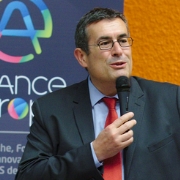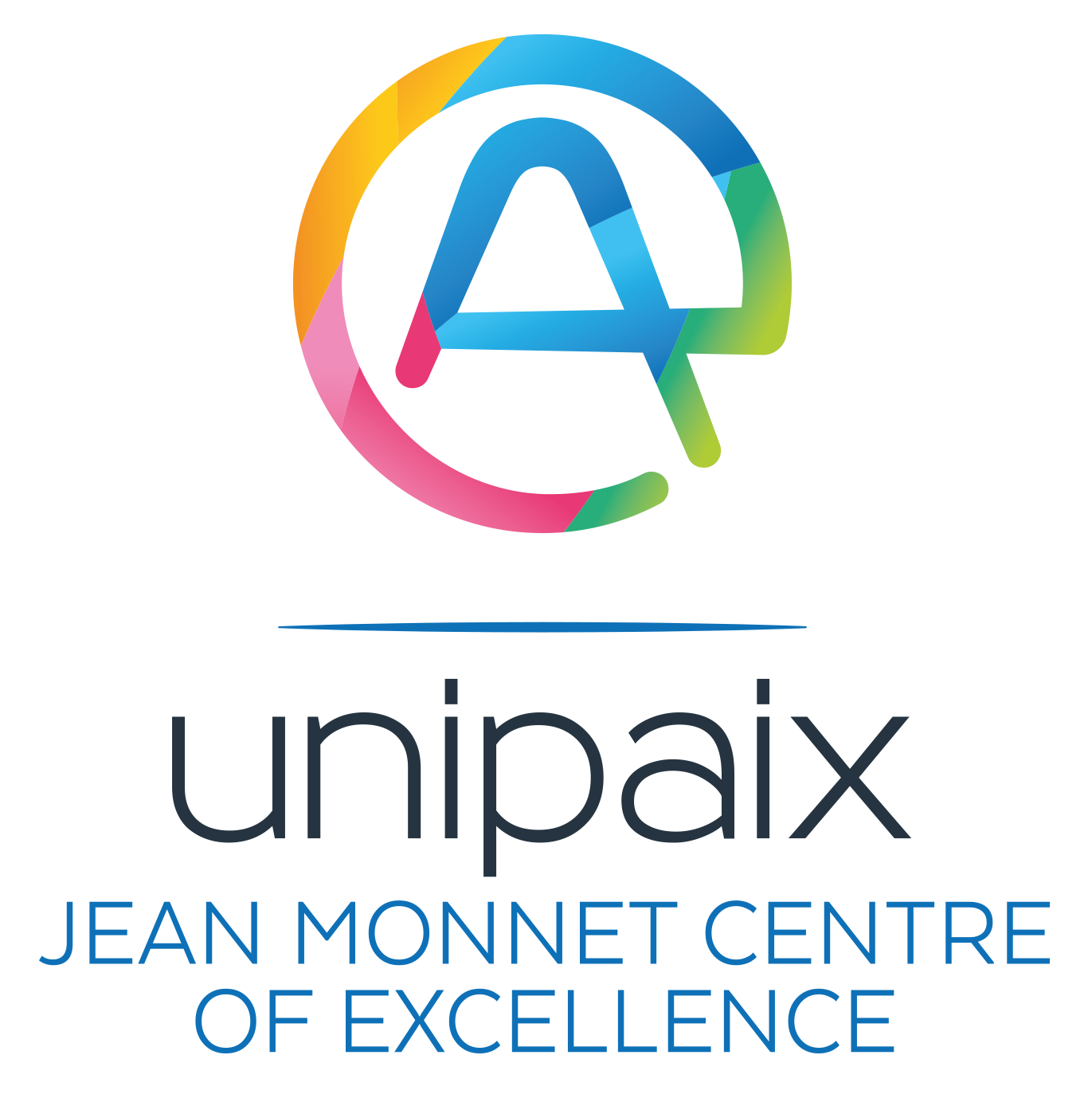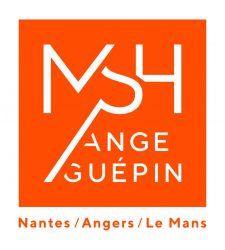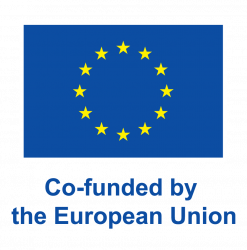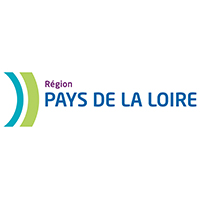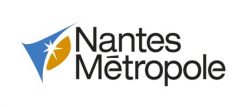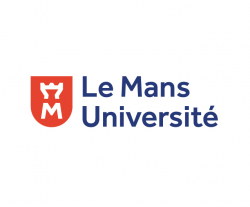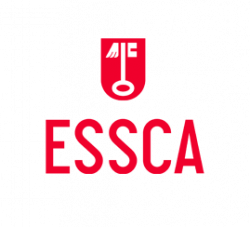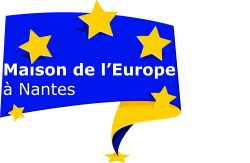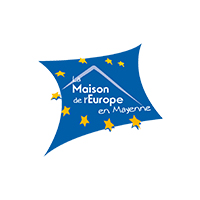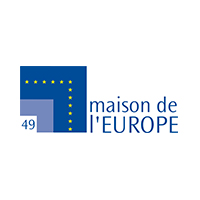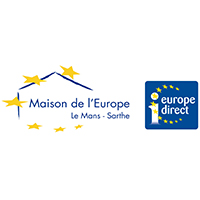Alliance Europa’s international strategy should enable it to accompany its development from the three angles of the project (research, education and innovation), to strengthen its visibility and international legitimacy and to improve the attractiveness of its establishments and the Loire region by :
– relying on the dynamics of the regional metropolises,
– facilitating the emergence of innovative programmes of excellence, both in the field of education and research,
– promoting the international dimension of research programmes,
– increasing the attractiveness of education courses and improving the visibility of our activities.
We have identified privileged partners to contribute to our global strategy, universities and networks. They are the result of an inventory of existing collaborations in all our institutions, after two years of work and exchange in the various scientific, education and innovation commissions.
Partners
Three partnership circles are distinguished, in order of priority and progress.
Firstly, four major universities of excellence are our main target and will concentrate our funding. They involve major European capitals (Brussels and Geneva), which provide us with valuable institutional expertise, and a major world-class American metropolis (Montreal), a partner of Nantes Metropole.
These are:
- the University of Montreal (UdeM) in Canada
- the University of Geneva (Unige) in Switzerland
- Saint-Louis Louvain University in Brussels, Belgium
- the University of Bologna (Forli campus) in Italy
With these partners, collaborations and projects have already been identified. The Alliance Europa team will accompany the setting up of new actions and the search for external funding. The Alliance Europa programme will co-finance outgoing and incoming medium-term mobility of one to six months for researchers and doctoral students.
A second circle concerns international networks through the Jean Monnet programme, and the European studies networks UACES and CES. The Alliance Europa team will be at the disposal of the researchers to reinforce the contribution of the Loire institutions of the Alliance Europa consortium to the Jean Monnet programme by accompanying the project set-up. The programme will co-finance the first participation of researchers in the annual conferences of the UACES (University Association for Contemporary Studies) and CES (Council for European Studies) networks in order to increase the visibility of their research in these leading networks.
Finally, a third circle brings together spaces where we would like to develop in the future and where we reserve the possibility of exploring future collaborations on other continents (Africa and Asia, in particular).
Jean Monnet Programme
Created in 1989, the Jean Monnet Programme aims to stimulate excellence in teaching and research on the European Union, all over the world.

The programme was integrated into the Erasmus + programme in 2014, and supports several types of actions: Jean Monnet chairs, centres of excellence or teaching modules, but also multilateral projects and research groups.
A Jean Monnet Chair is awarded for a period of 3 years to a university professor specialising in European Union studies, who receives a maximum support of €50,000 from the European Commission for the implementation of his or her teaching and research activities.
For more information on the Jean Monnet programme, its objectives and the activities it finances, please visit the website of the Erasmus+ France Education and Training Agency and the EACEA website.
https://eacea.ec.europa.eu/erasmus-plus/actions/jean-monnet_en
UACES: Exchanging ideas on Europe
UACES - The academic association for contemporary European studies - is an international association which brings together teacher-researchers, students and professionals interested in Europe and the European Union.
UACES aims to develop education for the general interest through the promotion of teaching and research in the field of European studies.
UACES implements various activities:
– organisation of events and conferences,
– funding for the research activities of the network’s members,
– collaborations for the publication of books and journals,
– support for research networks.
The Alliance Europa Institute of European and Global Studies belongs to this international network and supports the participation of the Institute’s members in the annual conferences of UACES through the funding of mission expenses.
Objectives
Three operational objectives will be defined with these partners:
- Developing strategic scientific collaborations and promote the international dimension of our research programmes.
- Enhancing the attractiveness and internationalisation of education courses
- Setting up innovative projects
Accompaniment
The implementation of the international strategy will be accompanied by the Alliance Europa team, in close collaboration with the directors of international relations, directors of laboratories and components of the institutions concerned. This support will take the following form:
- information, support and appraisal of funding applications to the Alliance Europa programme in the framework of the calls for proposals.
- support in responding to calls for projects Jean Monnet, H2020, Interreg, others
- organisation of exploratory missions
- organisation of participation in forums promoting training in the field of European and international studies



